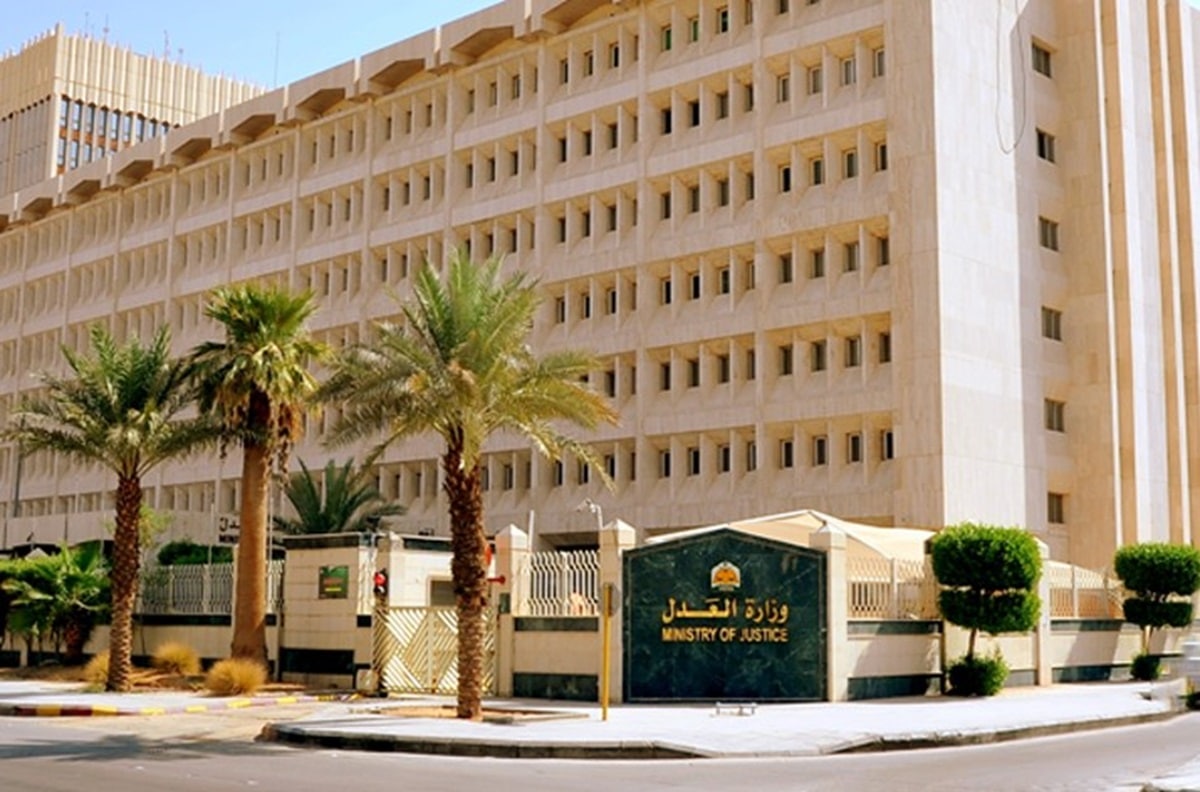Saudi Arabia’s legal community is abuzz with speculation almost two weeks after reports emerged on the kingdom mulling a move to potentially allow foreign-owned law firms to establish wholly-owned subsidiaries, experts told Arabian Business.
This move could reshape the Saudi legal market and attract more international players to the region’s largest economy, potentially transforming the landscape of legal services in the Gulf’s most populous nation.
The proposed amendment to the Code of Law Practice, which could remove the requirement for foreign firms to partner with Saudi lawyers, has sparked intense debate among legal professionals. As the public consultation period continues, industry insiders are weighing the pros and cons of what could be a transformative change for the Saudi legal landscape.
Saudi legal sector divided over potential foreign ownership rule changes
Nearly two weeks have passed since Saudi Arabia’s National Competitiveness Center (NCC) announced a potential game-changing move in the kingdom’s legal sector. The proposal to allow foreign law firms to establish wholly-owned subsidiaries has set off a wave of discussion and analysis among legal professionals both within and outside the country.
The Ministry of Justice has initiated a public consultation, seeking opinions on a proposed amendment to the Code of Law Practice. This consultation is part of a broader effort to enhance foreign investment and develop the legal profession in the country, aligning with Saudi Arabia’s ambitious Vision 2030 goals.
شاركنا رأيك عبر منصة #استطلاع حول "تعديل الفقرة(1)من المادة(الخمسون)، من نظام المحاماة الصادر بالمرسوم الملكي رقم (م/38) وتاريخ 28/7/1422 هـ"
— المركز الوطني للتنافسية (@KSANCC) June 10, 2024
المطروح من قِبل @mojksa
The Ministry of Justice’s public consultation is still ongoing, with the legal community closely watching for developments. If approved, this change could mark a significant shift in how international law firms operate in the Saudi market. It would permit foreign law firms licensed in the kingdom to create professional companies entirely owned by non-Saudis – a departure from the current requirement for partnership with Saudi lawyers.
As the consultation period continues, legal experts have offered varied perspectives on the potential impact of the proposed changes.
“The Saudi legal market is expansive, offering numerous opportunities for foreign law firms to leverage their expertise,” said Jean Abboud, Partner and Head of Saudi Office at BSA.
However, he cautioned that entering the market comes with challenges, “including the requirement for foreign firms to limit the outsourcing of work abroad to 30 percent and to employ at least 70 percent Saudi nationals in legal roles.”
The potential changes come at a time when Saudi Arabia is experiencing rapid economic growth and diversification, creating increased demand for sophisticated legal services across various sectors.
“Last month, the Ministry of Justice issued a public consultation request to seek the public’s views regarding a proposed amendment to the Code of Law Practice,” Ibrahim Siddiki, Partner at Addleshaw Goddard’s Riyadh office, said.
“The amendment seeks to permit foreign firms to form a local entity without the regulatory requirement of having a Saudi national qualified lawyer as a shareholder in the local entity.”

If implemented, the changes could significantly alter the competitive landscape of the Saudi legal market. Homam Khoshaim, Partner at Addleshaw Goddard in Saudi Arabia, predicts a positive impact on the sector.
“The additional players to the KSA market will also bring with them specialised expertise and international experience that can further elevate the legal sector. Establishing a substantive legal presence in the kingdom facilitates the transfer of knowledge and best practices to the legal sector,” he said.
Abboud agreed with his sentiment and said that a potential influx of global firms would “enhance market competitiveness and elevate standards, as observed in other jurisdictions.”
As the legal community awaits the outcome of the consultation, attention is focused on the areas likely to see increased demand if the market opens up further.
Abboud identified several key sectors. “High-demand practice areas include fintech, real estate, healthcare, telecommunications, and capital markets. This surge is driven by the modernisation and overhaul of laws in line with Vision 2030 goals.”
Khoshaim added to this list. He expects these reforms to initially drive the demand for Corporate and Commercial Law, including mergers and acquisitions and capital markets; real estate and construction; energy and infrastructure; technology, e-commerce and data protection; and banking and finance.
Saudi Arabia’s ‘unrivalled gravitational pull’
The proposed changes could further solidify Saudi Arabia’s position as a regional legal hub.
“A number of international law firms have already formed their regional headquarters in the Kingdom, pursuant to the Ministry of Investment’s RHQ programme,” said Siddiki.

“As the region’s largest economy implementing its Vision 2030, it is no surprise that the gravitational pull of Saudi Arabia has become unrivalled within the region.”
Saudi Arabia is rapidly emerging as a regional hub and is already among the leading Gulf countries to attract MENA-based investments in areas such as capital markets and M&A transactions, according to Abboud.
“The introduction of new laws and upcoming laws such as the Freehold Law promises continued growth, further establishing KSA as a key legal centre in the region.”
As the public consultation period continues, the legal community remains in a state of anticipation. The potential changes could not only reshape the Kingdom’s legal landscape but also further cement its position as a key player in the regional and global legal markets.
“Saudi Arabia’s initiatives to modernise its legal sector and judicial systems reflect a strategic commitment to transparency, efficiency, and global integration. Through Vision 2030 and the opening of its legal market to foreign expertise, the Kingdom is setting a regional benchmark for legal reform,” said Siddiki.
The coming weeks will be crucial as the Ministry of Justice reviews feedback and decides on the path forward. Regardless of the outcome, it’s clear that Saudi Arabia’s legal sector is on the cusp of potentially significant change, with implications that could resonate throughout the region and beyond.










